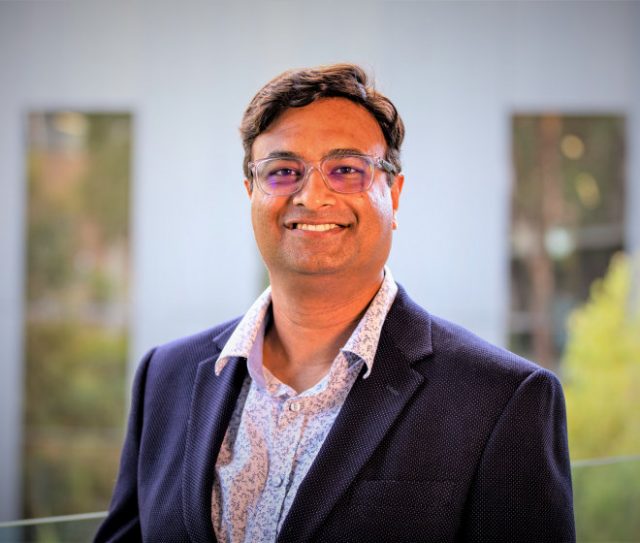
Navigating Teaching Cultures: Theory vs. Practice in India and Australia
ECA Blog: April 2024
Dr Tanmay Bagade, Early Career Academic Committee member
Reflecting on my journey from being a medical graduate in India to a teaching-intensive faculty member at a university in Australia, I am struck by the contrasting differences in educational approaches between these two countries. I feel that the teaching philosophies are entirely different and deeply rooted in the academic cultures of both countries.
In India, education is all about soaking up as much knowledge and information as possible within a condensed timeframe. Teachers dive deep into theoretical concepts, and students are expected to keep up, often through memorisation and rote learning. This approach leaves little room for understanding the content. It is a culture where theory is king, and understanding the nuts and bolts of a subject is highly valued. Furthermore, the assessments predominantly focus on theoretical concepts, leaving learners with little choice but to memorise vast amounts of information. For instance, in Anatomy exams, I had to memorise the Latin names of hundreds of muscles in the body, most of which I don’t remember now.
But when I stepped into Australian classrooms, I felt like I had entered a whole new world. Here, it is less about memorising facts and more about learning practical skills valuable in your future career after graduation. Students work on group projects, tackle real-world problems, and learn through hands-on experiences. It was a refreshing change from the theory-heavy approach I was used to, focusing more on practical skills and critical thinking. I was particularly impressed by assignments like reflective diaries, which encouraged learners to explore topics in-depth and infuse their own perspectives.
As I navigated these two academic cultures, I couldn’t help but appreciate the strengths and challenges inherent in each approach. The Indian method fosters a deep understanding of subjects and sharpens critical thinking skills, while the Australian approach cultivates creativity, adaptability, and independence. However, I have also noted limitations, such as overemphasising memorisation in India and potential neglect of theoretical foundations in Australia.
As an educator, I’ve realised the importance of striking a delicate balance between theory and practice. Rather than viewing these approaches as mutually exclusive, I have sought to integrate the strengths of both into my teaching philosophy. By combining theoretical concepts with hands-on experiences, I aim to offer students a comprehensive educational experience that bridges the gap between academia and the real world.
Ultimately, understanding and navigating academic cultural differences between India and Australia have enriched my teaching practice and broadened my perspective as an educator. By embracing diversity and finding common ground, I believe we can create learning environments that empower students to succeed, regardless of their background.

Biography
Dr Tanmay Bagade is a Senior Lecturer in Medical Education and Global Health at the School of Medicine and Public Health at the University of Newcastle. He is a teaching-intensive academic and a women’s health researcher. His research focuses on global health issues affecting mothers and babies.
LinkedIn: https://www.linkedin.com/in/dr-tanmay-bagade/
University Profile: https://www.newcastle.edu.au/profile/tanmay-bagade
Favourite movie: I absolutely adored the Indian film “RRR”. It is a mesmerising blend of history and fiction, with flawless direction and stunning cinematography. The performances of the lead actors are nothing short of exceptional! If you get a chance to watch it, don’t miss out on the Oscar-winning song, “Natu natu…” – it is sure to get you dancing!